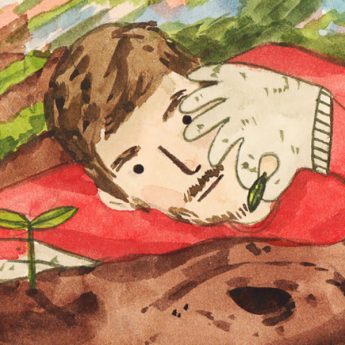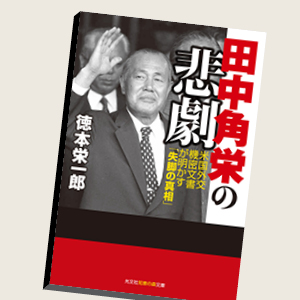Douglas Galbraith knows he is not alone in being alone, but that is little consolation.
The last time the Scottish author saw his two sons was in 2003—when Satomi was six and Makoto was just four. His latest book tells of the minutes leading up to the realisation that his Japanese wife, Tomoko, had abducted them and fled their home in rural Fife for a suburb of Osaka.
My Son, My Son details Galbraith’s efforts to locate his sons, to make contact with his former wife and reach some sort of agreement so that he might be able to see Satomi and Makoto again. After selling his home and sending nearly half the proceeds to Tomoko—earning him a few long distance phone calls until the money reached Japan—the contact was severed.
Now he accepts he is another foreign national who is at the mercy of the Japanese legal system when it comes to his children. Moreover, he knows that evidence suggests he will not see them again. And that would remain the case even were Japan finally to sign the Hague Convention on the Civil Aspects of International Child Abduction.
Galbraith, 46, said that all he can hope is that in the future—when they are old enough to wonder and inquisitive enough to seek out their father—Satomi and Makoto will find him. And the book is partly designed to help them do that.
“To an extent it was therapeutic, although I’m sceptical about the possibility of repairing the damage that has been done, let alone the shallow psychobabble of ‘closure’ or ‘moving on’, he said. “Writing the book was all I could do in a situation where I was powerless in all other respects.
“It is also a possible path of communication with my children—more likely in the future than any time soon. All other routes are deliberately blocked”.
Galbraith—whose previous books include A Winter in China and The Rising Sun—said that, as a writer, there was “a sense of obligation to make a statement, not to be silent”, and that now the book has been completed, he has a sense of freedom and “of having paid a debt”.
The book has been widely picked up—translated into Spanish and with an excerpt appearing in South Africa—and Galbraith believes there is an increasing understanding that such abductions do not solely involve Japan, but also are a side effect of globalisation and a result of people being brought together in relationships that cross cultural barriers.
“The economic and technological drivers of globalisation are pushing people together, but the drag of culture pulls them apart and this reactionary and divisive force often proves the stronger”, he told BCCJ ACUMEN.
And, while the tales of parental abduction carried out by Japanese mothers are legendary, Galbraith’s former wife displayed breathtaking audacity as she plotted her departure from Scotland. She tried to secretly sell their home and placed adverts in the local paper to sell the contents—presumably hoping to keep the proceeds. She also got new passports for the children from the Japanese consulate in Edinburgh in a ploy that suggests the diplomats were probably aware of what was happening.
In one passage, Tomoko tells a court hearing that she “removed our children from the country by deception and without consent. She candidly explained that she did this because (a) she felt like it, and (b) because of the poor quality of the sushi available from the local Tesco”.
Galbraith welcomes Japan’s gradual move towards signing the Hague convention, although with a degree of caution.
“There could be a lot more tatemae in this than honne”, he said. “Given that there is no real cost to a government for signing up to the Hague convention—before it treats the values and procedures with contempt, it is always reasonable to wait before assessing a government’s—and a judiciary’s—sincerity in approving and applying it.
“The moment of truth is when the first legally ordered return of a parentally abducted child takes place”.
He said he is very doubtful that a single judicially ordered return will take place in the five years after approval. “These things are really more cultural than legal and culture changes very slowly”, he said. “The law is just words and, where there is no genuine sympathy with its values, it remains just words”.
Galbraith said he clings to the hope that his children retain some vague memory of what he told them was the central value in life—to always think for themselves.
“If they can still think for themselves and have not wholly submitted to their mother and her world view then they might contact me—as they can easily—through the internet”, he said. “The book, and the publicity surrounding it, is largely intended to make that easier—to leave a larger, more easily followed trail.
“If that doesn’t happen and we never meet again, then the book will still be there, even if I’m not”.
My Son, My Son: How One Generation Hurts the Next
By Douglas Galbraith
Harvill
£16.99






